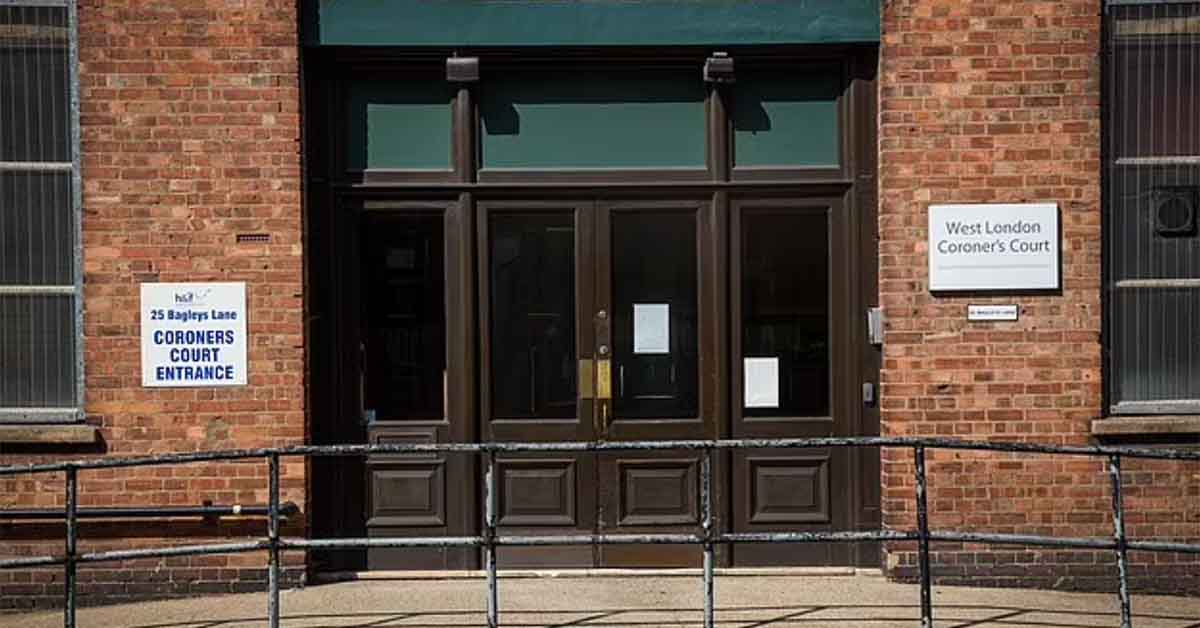Tania Kaur Khasriya, a 24-year-old student from Ealing, has died four years after suffering anaphylaxis at a restaurant in Southall.
Diagnosed with a peanut allergy in 1998 when she was just a year old, she inadvertently consumed peanuts while dining and went into anaphylactic shock as a result.
She was rushed to Ealing Hospital for emergency treatment but never regained consciousness. She was subsequently relocated to the Chalfont Lodge nursing center, a facility that specializes in caring for people with neurological conditions, physical disabilities, and dementia.
Ms Khasriya was removed from palliative care and died on April 27, 2022.
Her cause of death was given as persistent disorder of consciousness, hypoxic brain injury and anaphylaxis due to peanut allergy. At the opening of the inquest into her death at West London’s Coroner’s Court, the coroner called the process a ‘complex inquiry’ and adjourned the proceeding to be continued at a later date.
The inquest will examine reports from a palliative care consultant from the nursing center as well as information provided by the London Ambulance Service.
We have no further information regarding the passing of Ms Khasriya including whether she had an epinephrine auto-injector on hand, whether it was administered promptly, whether emergency services arrived in a timely fashion, and whether epinephrine was promptly administered in the ambulance and by hospital staff upon her arrival. We will follow and report the details arising from the inquest when it continues.
We grieve for Ms Khasriya who suffered a fatal reaction while doing nothing more than dining out like millions of others do safely every day. We send our heartfelt condolences to her family, who have been reliving the nightmare of her ordeal for the past four years. We wish them solace and much strength as the inquest continues.
We remind our readers that epinephrine is the only drug that can halt and reverse the progression of life-threatening anaphylaxis. Take two epinephrine auto-injectors with you everywhere, every time, and be sure to administer it when you first suspect anaphylaxis. The earlier epinephrine is administered with anaphylaxis, the better the outcome.
We also urge you to avoid food establishments where your allergens of concern are used unless you have informed the management of your allergies and have received assurances that you can be accommodated safely. Don’t be afraid to ask how cross-contact with your allergens will be avoided and leave if you are not confident with the answers you receive.





